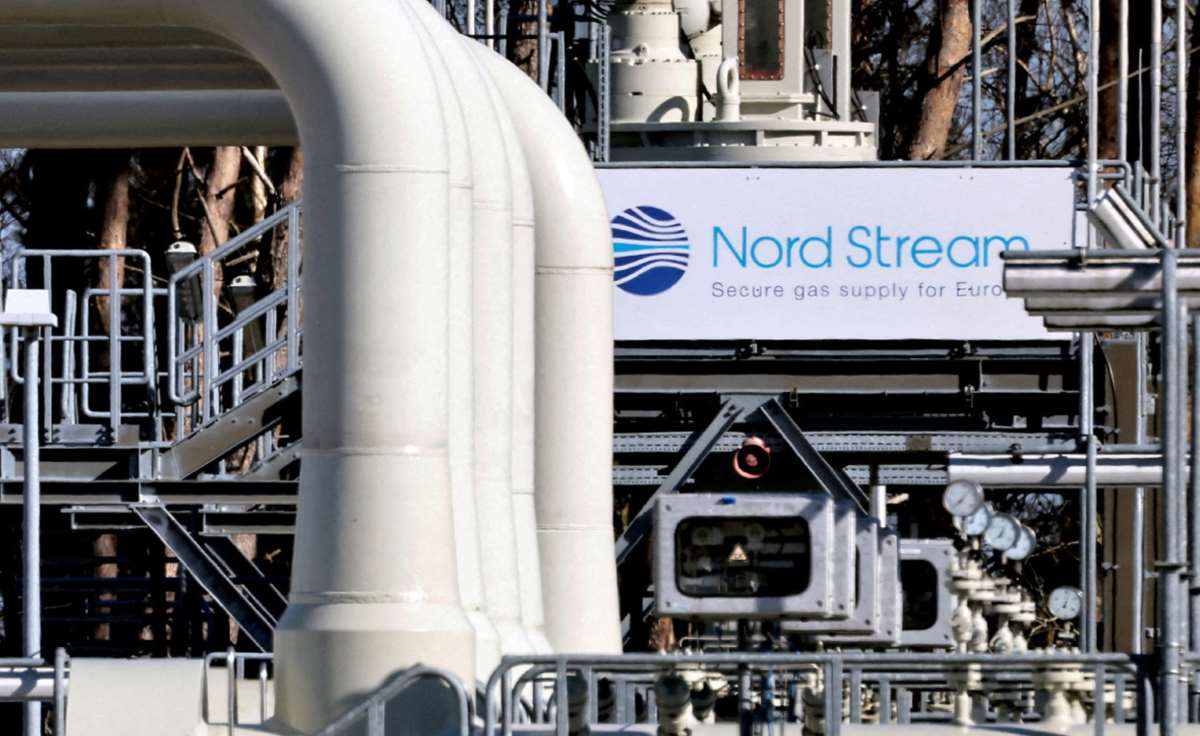TASS quoted Russian Foreign Minister Sergei Lavrov as saying: "The German government is resigned to the destruction of the Nord Stream gas pipeline. That harms the fundamental interests of the German economy and the German people."
On September 26, 2022, the Nord Stream pipeline carrying Russian gas to Europe ruptured in a series of explosions under the Baltic Sea near Sweden and Denmark. Sweden, Denmark and Germany called the incident an act of sabotage.
Investigations initiated by Germany, Denmark and Sweden after the attacks did not involve Russia and produced no meaningful results.
Mr. Lavrov once pointed out that the sabotage of the Nord Stream and Nord Stream 2 gas pipelines had consequences for Germany and Europe. "Everyone knew about the terrorist attack on the Nord Stream gas pipelines, but Europe just kept quiet and endured, even though it undermined the continent's development capabilities, especially for Germany," Mr. Lavrov noted.

The German economy contracted last year for the first time since the COVID-19 pandemic began. This year, the outlook is also bleak: the International Monetary Fund (IMF) forecasts zero German economic growth in 2024, marking the weakest performance among major economies.
Germany's ruling coalition has long been on shaky ground, with growing divisions among its three member parties over policy measures to boost growth, protect industrial jobs and cement Germany's position as a global industrial hub.
The situation has worsened in recent weeks, raising concerns about the state of the three-year-old coalition between German Chancellor Olaf Scholz's Social Democratic Party (SPD), the Greens and the Free Democratic Party (FDP).
Speculation is rife that the coalition could fall apart as early as this week, with media reports of talks between multiple coalition representatives earlier in the week, ahead of a regular coalition meeting on November 6.
"The German government has just entered a new phase of a simmering political crisis that could be the final step before the ruling coalition collapses," Carsten Brzeski, global head of macroeconomics at ING, said in a note on November 4.









